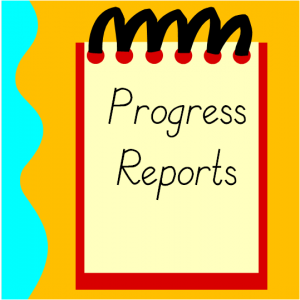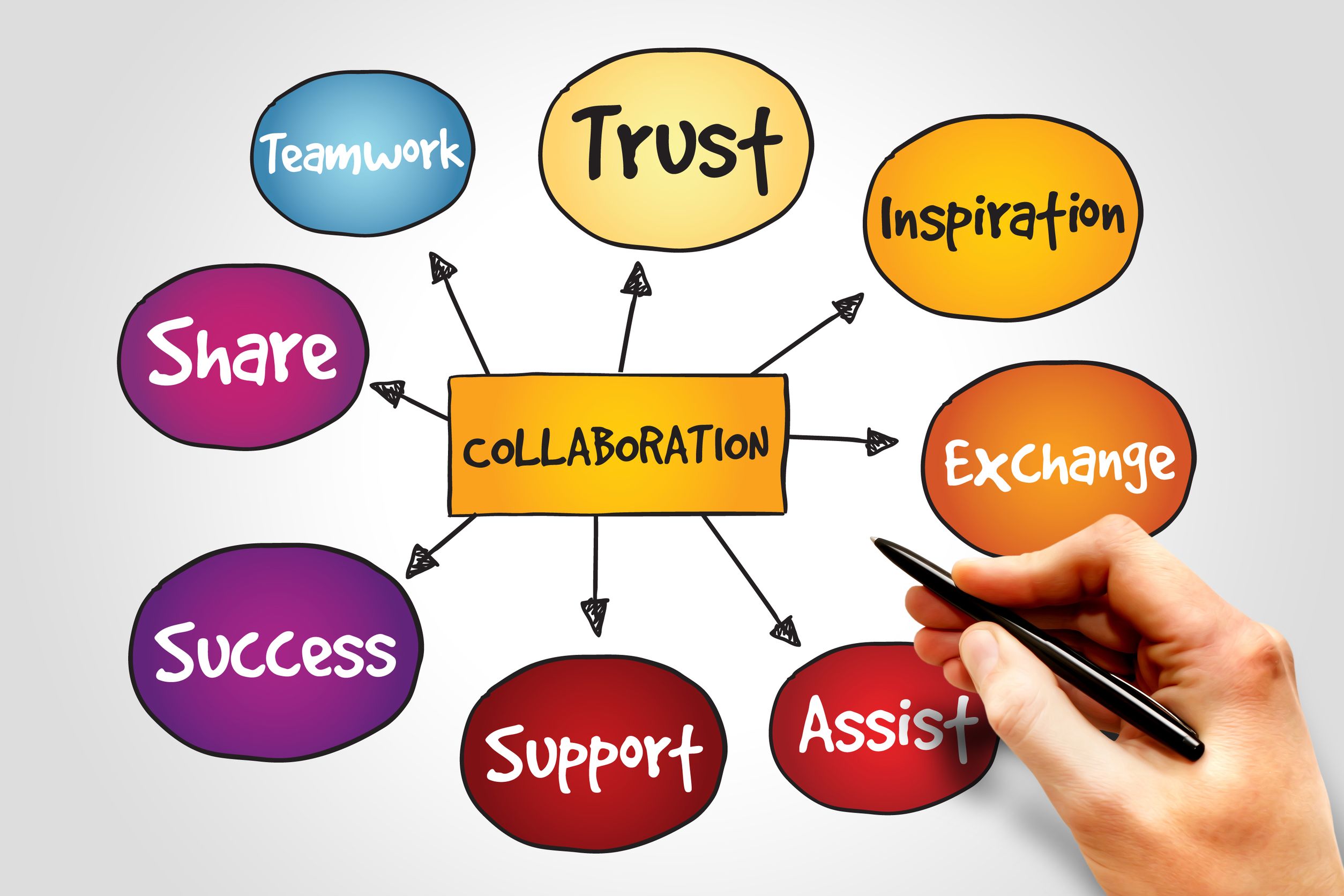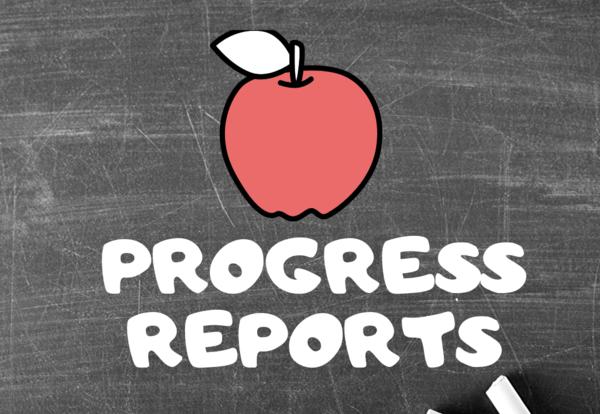Friday, September 25, 2020
September 25 ,2020
Friday, September 18, 2020
September 18, 2020
No Excuses University – Collaboration
Naming Conventions in Google Classroom/Aeries/Illuminate (CHANGE)
A group met on Friday, September 4, 2020. The group included site administrators and teachers including a representative from FSUTA. They met to discuss the easiest way to name assignments so that when they pull reports they can easily identify what work was assigned for Synchronous(S) time and what work was assigned for Asynchronous(A) time. The team all agreed that when an assignment is created in Aeries, Google Classroom, or Illuminate they would use the following naming convention:
[S] Assignment Title
[A] Assignment Title
They want the final assignment in Aeries or Illuminate to reflect the naming convention so that they can run reports. The goal is to have all of FSUSD having fully implemented this approach with the start of the new grading period at the end of September.
Another great outcome of this process is that once we are consistently using this naming convention there will not be a need to use the DL tracking sheet for our Special Education teachers.
**No teacher should be asked to go back and retroactively change naming conventions. This would be for assignments moving forward. We are still in the timeframe of teachers getting familiar and used to the process and want everyone on board with the consistent naming conventions effective October 1, 2020.**
Observable Fish Moments at SV:
Friday, September 11, 2020
September 11, 2020
Another nephew is off to college, University of Colorado Boulder. Jaan is my oldest sister’s son. We were sad that all of us could not see him off like we did for Yasmeen and Shaan. We all could not go because of COVID. He has settled in and really enjoys it so far. He was valedictorian of his senior class. He is one hard working kid!! So proud of him :)
Message from Dan Lopez about Culture of Universal Achievement click to see video
Observable Fish Moments at SV:
Friday, September 4, 2020
September 4, 2020
This past Sunday these kids lost their mom to cancer. You may remember I went to visit my cousin and his wife and kids in March 2020 while she was battling cancer. They are only 7 and 4. As many of you know my mom died when I was 11. I feel so much for these kids. I feel so much for him. She was only 34. Way too young! Their lives will be forever changed. This brings up so many familiar emotions even at the age of 48. I am so sad that we can't go to visit them or be there for the funeral because of COVID restrictions. Cancer sucks!!!! I know many of you asked how I was doing this week and my response was always fine, I felt if I said anything else I would have lost it.
This past week was a difficult one for upper grade staff. I have never gone through the displacement process before and it is rough. It is hard to welcome someone to the SV family and within the week they are gone. Vanessa you will be missed!!










